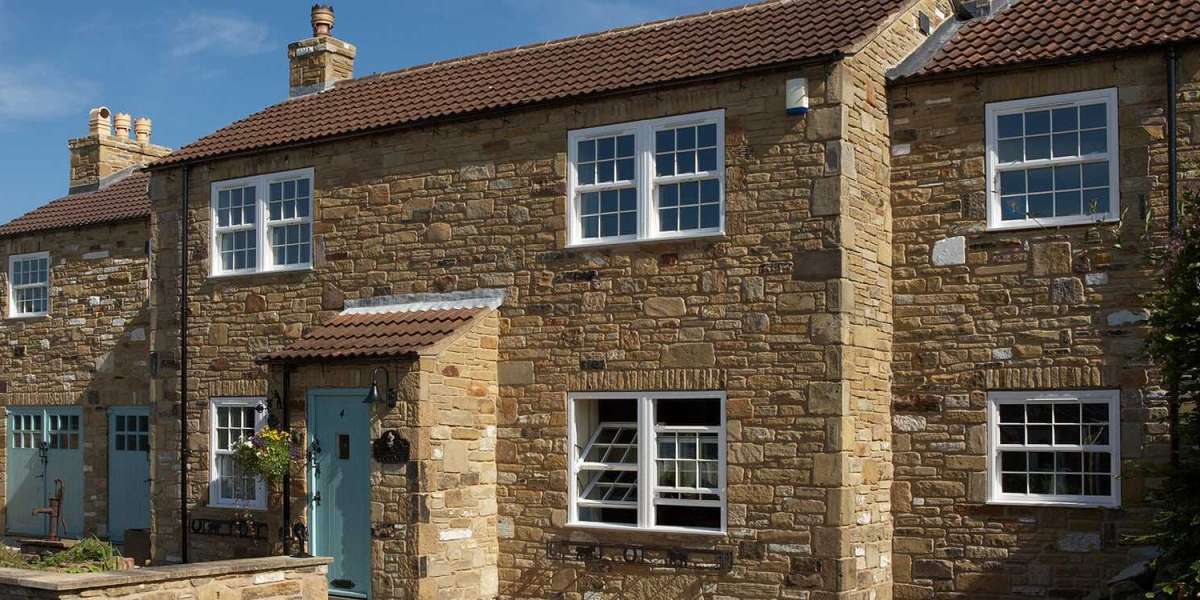Loans

Mortgagor vs Mortgagee
It is very important to know both sides of a mortgage.
In this post

Who is a mortgagor?
Who is a mortgagee?
Mortgagor vs Mortgagee: Key distinctions
How do mortgages work
Different types of mortgages
How to look for a mortgage
Final words
Check your credit report
See your credit report in minutes. It's free, permanently.
Getting your own home is a wonderful experience, but mortgages are usually part of the parcel. Therefore, it is necessary to only select the best lending institution but to likewise carefully go through the documents. At the exact same time, you must likewise understand the significance of important terms before going through with the mortgage arrangement.
Understanding the distinction in between mortgagor vs mortgagee when securing a mortgage or mortgage guarantees you understand what you are getting into.
Who is a mortgagor?
A mortgagor is a person or group securing a loan to buy a home or any other property residential or commercial property.
Simply put, the mortgagor is the customer or homeowner in a mortgage loan plan, who has vowed the residential or commercial property in question as security for the offered loan.
Who is a mortgagee?
The mortgagee is the lender in a mortgage loan agreement. They represent the financial institution offering financing to buy a piece of realty or refinance a mortgage.
A mortgagee can be a bank, mortgage producer, credit union, or any other monetary institution that funds genuine estate purchases.
Mortgagor vs Mortgagee: Key differences
Here are the primary differences between mortgagor and mortgage
Mortgagor
Mortgagee
To secure a loan, the mortgage has to use to the mortgage
The mortgagee examines the loan application and decides to approve or disapprove it accordingly. Individuals with a poor credit score may get declined or they might get bad credit mortgage.
The mortgagor surrenders ownership of the residential or commercial property and all pertinent files throughout the period of the mortgage agreement.
The mortgagee will take the offered residential or commercial property as security for the regard to the loan arrangement.
The mortgagor must pay back in prompt instalments based upon the terms of the mortgage arrangement.
The mortgagee draws up the payment strategy and decides the interest rate and all additional charges for the loan.
The mortgagor deserves to get full ownership of the vowed residential or commercial property after the payment of the loan, in addition to interest and other associated charges.
The mortgagee must transfer ownership of the security back to the mortgagee after the loan is paid completely.
The mortgagor is obliged to accept the choice of the mortgagee when loan is defaulted
The mortgagee explains conditions for loan default and has the right to foreclose the collateral in case of a default.
How do mortgages work
A mortgage is a loan used to money a realty purchase, whether it's a property or industrial residential or commercial property. The regards to a mortgage depend on your credit rating and previous credit rating. If you travel through the limit for minimum credit report for the mortgage, you might be able to get favourable loan terms and even get pre-approved for the mortgage.
Here are some of the highlights of mortgages and how they work:
While the mortgagee supplies cash for the mortgagor to acquire the preferred residential or commercial property, some mortgages may need payment of 10-20 percent of the total residential or commercial property amount as an in advance deposit. This is done to assess the mortgagor's present financial standing and to ensure they can pay up the rest of the mortgage instalments.

The mortgagor is accountable for paying back the loan along with interest in the form of monthly instalments within a specified quantity of time.
The life expectancy of a mortgage loan can vary. The time depends upon the instalment quantities, overall loan amount, rate of interest, and other factors also.
To protect the loan, the mortgagee keeps ownership of the residential or commercial property purchased for the duration of the mortgage arrangement. If the mortgagor can not pay back according to the loan arrangement terms, the mortgagee can offer the residential or commercial property and use the recovered cash to recuperate their losses.
Different types of mortgages
Fixed-rate mortgage
Also called a standard mortgage, a set interest mortgage is one where the interest payable on the mortgage is set from the beginning of the contract and stays the same throughout the loan term. The instalment payment is likewise repaired.
But often a set interest mortgage might only imply that the rates of interest will remain repaired just for a specific time period. After that, a brand-new, primarily higher, the fixed rate of interest will apply.
Fixed-rate mortgages can make sure certainty and secure you from drastic boosts in rates of interest. However, you can likewise miss out on a reduction in the rate of interest.
Adjustable-rate mortgage (ARM)
Also referred to as a variable rate mortgage, an Adjustable-rate mortgage has an interest rate that varies throughout the loan. If the lending institution's rate of interest boosts, so will your interest rate. You will likewise delight in a decreased rate if your lending institution's rate of interest drops.
Several elements may influence loan rates of interest in Australia, consisting of:
Change in money rate set by the Reserve Bank of Australia.
Increase in mortgagee's funding expenses
Change in competitor's rates of interest, which can likewise lead to your loan provider decreasing their rates also
Split mortgage
This type of mortgage allows you to divide your mortgage repayment account into 2; a set rate account and a variable rate account. This in turn enables you to profit of both.
Interest-only loans
An interest-only mortgage permits mortgagors to pay back only interest on the amount borrowed for a particular period. During this period, the primary quantity is not lowered. Once the duration of interest-only payments has elapsed, they will resume the common payment of principal and interest.
Reverse mortgages
Also referred to as home equity loans, reverse mortgages are loans borrowed versus the equity of a home. It enables property owners to use the equity in their home as collateral for borrowing cash from a lending institution.

Under this agreement, the mortgagors will be approved a particular quantity of loan against the market worth of their home. The interest rate is likewise lower in comparison to other general personal loans because there is security present.
How to get a mortgage
1 - Submit an application
Just like an individual loan, if you want to make an application for a mortgage, the initial step is for the mortgagor to submit a loan application to the mortgagee. It is left to the mortgagee to authorize or disapprove the application based upon their own terms and conditions.
2 - Await the approval of the application
The mortgagee will consider specific elements before the application can be authorized which can include your credit report, credit report, financial obligation to earnings level, and housing expense ratio.
Even if the loan is eventually authorized, the housing expense ratio and the customer's financial obligation to income ratio will determine the maximum quantity of credit that can be reached the mortgagor as well as the interest rate.
3 - Review and accept the terms and conditions of the loan
Once the application is authorized, the mortgagee needs to consent to the terms and conditions put down in the mortgage contract.
The terms of mortgage agreements differ according to mortgagees. A few of the terms you can expect to see are the loan payment schedule, payment period, interest rate, and the time of loan delinquency before loan default occurs.
The contract may likewise describe the residential or commercial property title and the mortgagee's lien on the residential or commercial property you utilized as collateral.
Final words
As the customer, you should go shopping around and choose the mortgagor carefully. Go through the terms and conditions of the mortgage arrangement and guarantee you can manage it before signing any files.
Your credit report and credit report are essential elements to be thought about by the mortgagee during your loan application.
With ClearScore, you can inspect your complimentary credit reports and check credit report to determine your mortgage loan eligibility. Have a look.







